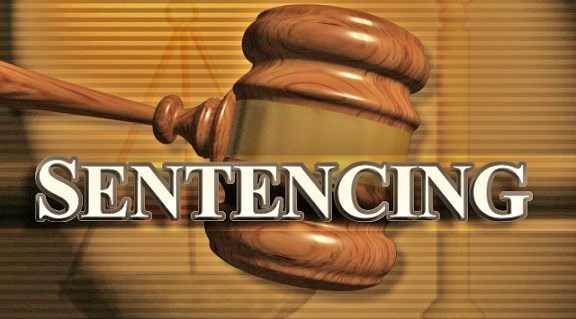Michelle Brass brought her province-wide discussion on the Aboriginal community’s history with the Canadian legal system to Yorkton last Thursday, hoping to raise awareness on the subject.
“I’m opening up the discussion to people [so we can] get at the overriding issue, which is...the over-incarceration of Aboriginal offenders,” she said.
Brass works at the University of Saskatchewan’s Native Law Centre. She serves as the Gladue Project Research Officer. She focused on the Gladue case and its impact on Canadian law during her Yorkton seminar on Jul. 19.
“It’s an open discussion,” she said.
In 1995, Jamie Tanis Gladue (a Cree woman) pled guilty to second-degree murder. The sentencing judge did not think Gladue’s Aboriginal background was relevant to his decision since she lived off a reserve. Gladue’s lawyer appealed her sentence of three years, arguing that the judge did not properly apply section 718.2 (e) of the Criminal Code, which says all alternatives to imprisonment must be considered, particularly for Aboriginal offenders. In 1999, the Supreme Court of Canada sided with Gladue’s lawyer.
The Gladue case provided the blueprint for the sentencing of Aboriginal offenders, encouraging judges to look at how an Aboriginal’s life experiences might have impacted them. Judges must balance justice with an appropriate sentence.
Brass said people hold misconceptions about the Gladue case. She argues that it is not a “get-out-of-jail-free card.”
“[It] provides a sentencing judge with a broader context of an Aboriginal person’s background and...the systematic barriers or situations that person was dealing with,” she said. “It’s not...going to fix [anything] unless an offender...takes their issue seriously.”
Brass led a small group in a conversation about the Gladue case and Aboriginals in the legal system during her Yorkton visit. Participants discussed personal responsibility, community involvement, reforms, and accountability.
Brass is traveling across Saskatchewan hosting similar seminars. She’ll be holding discussions until November. Once she’s wrapped up the tour, she’ll prepare a report on her findings by January 2019.
“My focus with this project is only on Saskatchewan, but...this issue is nation-wide,” she said.
Brass hopes her seminars and others like it can broaden the public discourse on Aboriginal incarceration and potentially lead to reforms.
“There [are] still gaps out there,” she said. “[They] need to be addressed.”




